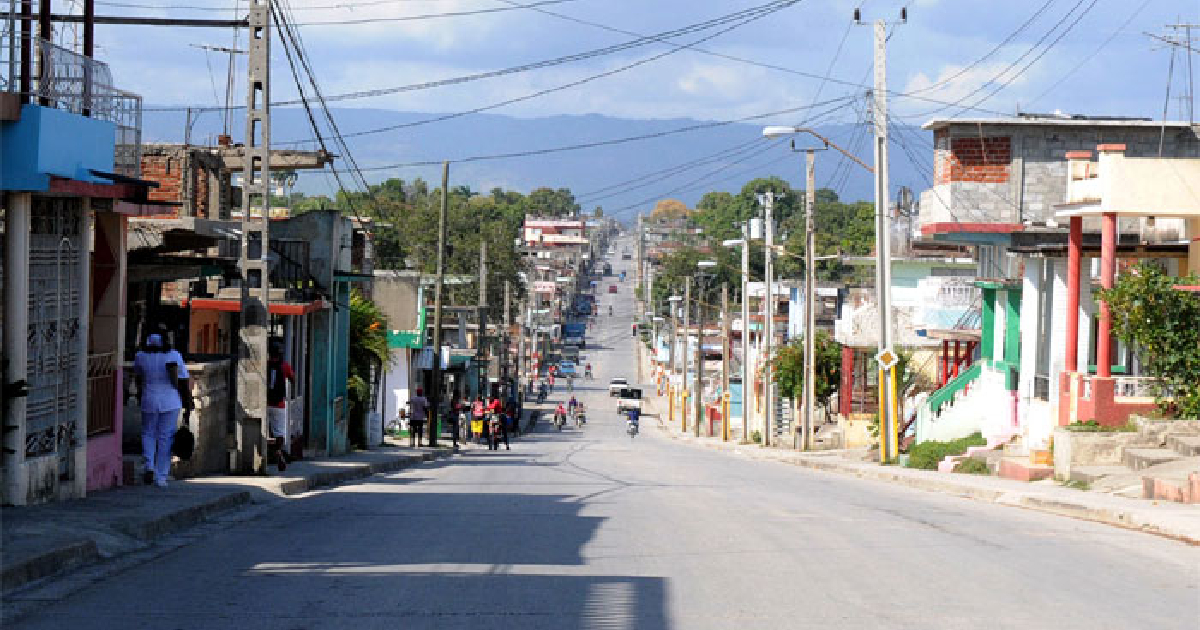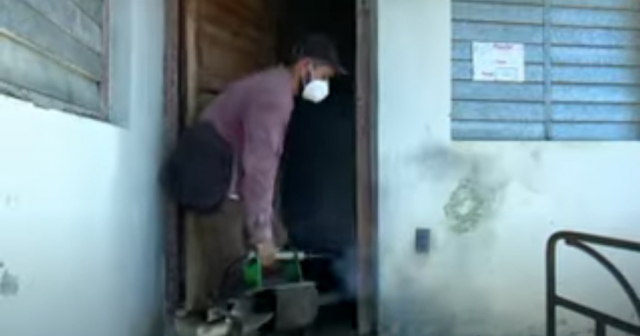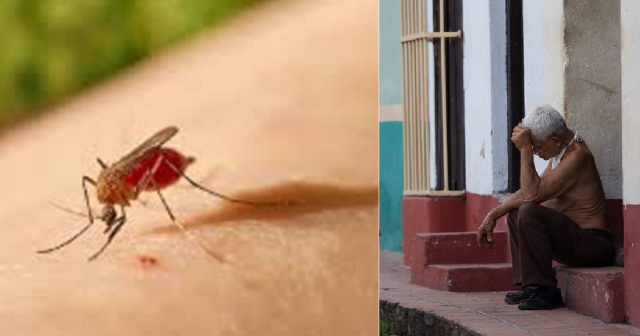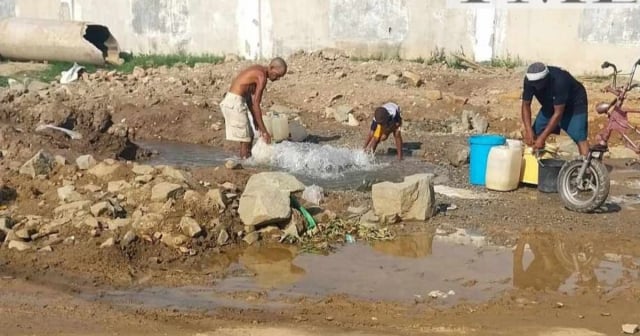
In the midst of a complicated and risky health scenario due to the Oropouche's advance in Cuba, the announcement that in the province of Guantánamo more than 150 fever cases are reported per week raises concerns about the possible presence of the virus in that territory.
Although the health authorities of that eastern province have not confirmed the existence of cases of the disease, in a recent meeting, concern was raised about the increase in people suffering from "febrile syndrome," according to a report from the official newspaper Venceremos.
Dr. Nael Preval Campello, provincial Health director, emphasized that, in addition to high fever, the disease causes sensitivity to light, fatigue, and muscle pain, and recommended that the population, if experiencing these symptoms, should go to the polyclinic to "get checked and rule out any danger."
At a meeting between government authorities and the citizens, called "Open Dialogue with the People," Preval insisted that "in order to confront the disease, it is necessary to carry out proper environmental sanitation in each neighborhood" and that "community participation is vital to combat the mosquito."
The Culex quinquefasciatus, one of the two vectors that transmits the disease, proliferates in riverbanks, wells, and areas with ditches, he recalled.
The Public Health official did not confirm the presence of the virus in the province; however, he warned about the need to "achieve the early attention and detection of affected patients to prevent the progression of the disease and reduce risks."
Due to the proximity to the province of Santiago de Cuba, since late May, health authorities in Guantanamo have intensified epidemiological surveillance and provided guidance to families about the symptoms of that virus, according to information from Radio Guantanamo station.
The day before, the first cases of the Oropouche virus were reported in the province of Villa Clara, the fourth province where it has been officially confirmed since the alert about the presence of arbovirosis in Santiago de Cuba. It has also spread to municipalities in Cienfuegos and Mayabeque.
According to Juan José Pulido López, director of Health in Villa Clara, the cases were diagnosed in the village of San Juan de los Yeras, in the municipality of Ranchuelo, based on tests carried out by the Pedro Kourí Institute of Tropical Medicine (IPK), in Havana.
Meanwhile, in Sancti Spíritus, more than 500 febrile cases have been reported in the last seven days, and despite this, authorities have assured that the Oropouche virus is not present there.
Although the government insists that there have been no victims, last week a 22-year-old student died in Santiago de Cuba who was admitted with Oropouche symptoms. The young man lived in the II Frente municipality and was studying the fourth year of a Pedagogy degree (Geography specialty) at the University of Oriente.
Up to now, the Ministry of Public Health continues not to reveal the number of people diagnosed with the disease in the country.
Since it was discovered in Trinidad and Tobago in 1955, this is the first time that the Oropouche virus has been detected in Cuba.
It is transmitted by the Culicoides paraensis midge - which has not been detected in Cuba, but is present in the Americas region - and by the Culex quinquefasciatus mosquito, which is very common on the island and inhabits any type of water, including sewage and contaminated water.
This exacerbates the danger of transmission in the country, due to the lack of hygiene in residential areas caused by the accumulation of garbage, vacant lots where grass grows unchecked, leaks, and contamination of drinking water.
What do you think?
COMMENTFiled under:






